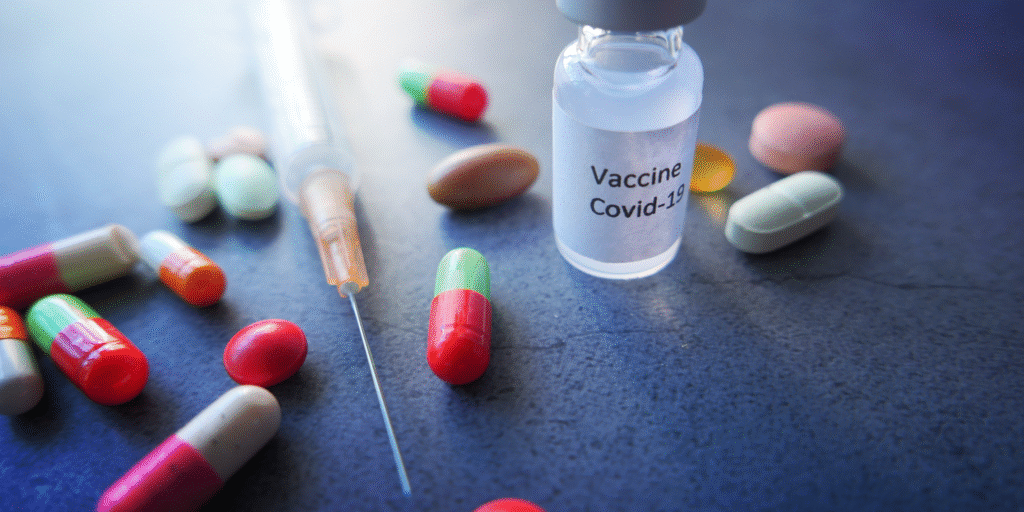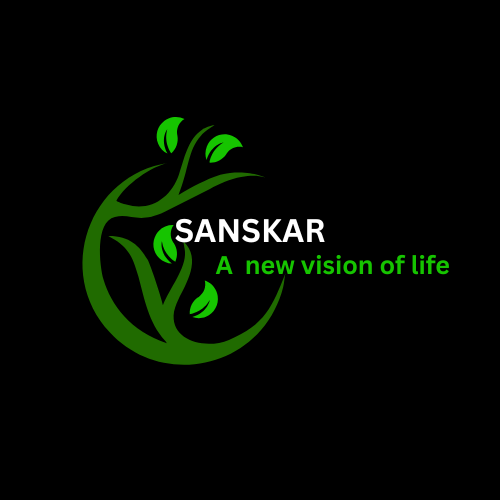
Introduction
Drug addiction is one of the most serious health and social challenges in today’s world. Millions of people fall into the trap of substance abuse every year, losing control over their lives, relationships, and careers. Overcoming addiction is not simply a matter of willpower—it often requires structured, professional support. This is where rehabilitation centers play a vital role.
At Sanskarnashamuktikendra, we believe that recovery is possible for everyone with the right guidance, environment, and treatment plan. In this blog, we’ll explore how rehabilitation centers help in drug de-addiction, the treatment process, and why joining a rehab is often the turning point in a person’s life.
Understanding Drug Addiction
Drug addiction, also known as substance use disorder, is a chronic disease that affects the brain and behavior, leading to an inability to control the use of drugs. What starts as occasional use can quickly become a dependency.
Common Causes of Drug Addiction:
- Peer Pressure: Trying to fit in with friends or colleagues who use drugs.
- Stress or Trauma: Using substances as a coping mechanism.
- Mental Health Disorders: Depression, anxiety, or PTSD may trigger substance abuse.
- Genetic Factors: A family history of addiction increases vulnerability.
- Environmental Influence: Easy access to drugs or a lack of family support.
Understanding the root cause of addiction is the first step toward effective recovery.
What Is a Rehabilitation Center?
A rehabilitation center (or Nasha Mukti Kendra) is a specialized facility that provides medical, psychological, and emotional support to individuals struggling with addiction. The main aim is to help patients detoxify their bodies, heal mentally, and reintegrate into society as healthy, productive individuals.
Rehab centers are not just about quitting drugs—they’re about rebuilding lives.
How Rehabilitation Centers Help in Drug De-Addiction
1. Safe and Supportive Environment
One of the biggest advantages of rehab centers is their controlled environment. Here, patients are away from everyday triggers and have no access to drugs. The peaceful surroundings and constant supervision make it easier to focus entirely on recovery without distractions.
2. Medical Detoxification
The first step in treatment is detoxification, where harmful substances are safely removed from the body under medical supervision. Withdrawal symptoms can be severe—ranging from anxiety and insomnia to nausea or seizures—so detox must be done carefully.
At Sanskarnashamuktikendra, detox is handled by experienced doctors who ensure patients are comfortable and stable throughout the process.
3. Personalized Treatment Plans
Every person’s addiction story is different. That’s why rehabilitation centers design personalized treatment plans based on individual needs, substance type, and health condition. This approach ensures a higher success rate in long-term recovery.
Plans may include:
- Behavioral Therapy
- Medication (if required)
- Counseling Sessions
- Yoga and Meditation
- Nutritional Support
4. Therapeutic Interventions
Therapy is the foundation of rehabilitation. It helps individuals understand why they turned to drugs and teaches them healthier coping strategies.
Common therapies include:
- Cognitive Behavioral Therapy (CBT): Helps identify and change negative thinking patterns.
- Group Therapy: Encourages sharing experiences with others facing similar struggles.
- Family Therapy: Rebuilds trust and communication within families.
- Motivational Enhancement Therapy (MET): Strengthens personal motivation to stay drug-free.
5. Focus on Mental Health
Drug addiction often coexists with mental health issues such as depression, anxiety, or trauma. Rehab centers provide dual-diagnosis treatment to address both problems simultaneously. Healing the mind is essential for preventing relapse.
6. Life Skills Training
Recovery isn’t just about staying clean—it’s about building a better life. Rehabilitation centers help individuals learn essential life skills like:
- Managing stress
- Setting goals
- Time management
- Building healthy relationships
- Re-entering the workforce
These skills empower recovering individuals to face challenges confidently after discharge.
7. Peer Support and Community
Being surrounded by others who understand your pain and are on the same journey can be incredibly powerful. The sense of community support at a rehab center fosters belonging and reduces feelings of isolation.
Group sessions, shared activities, and peer discussions help in building motivation and accountability among patients.
8. Holistic Healing
Modern rehabilitation centers like Sanskarnashamuktikendra emphasize holistic recovery—healing the body, mind, and spirit. This includes:
- Yoga and Meditation: Promotes mindfulness and inner calm.
- Art and Music Therapy: Provides emotional expression and relaxation.
- Exercise and Nutrition: Restores physical health.
Holistic programs ensure that recovery is not just about quitting drugs but also about achieving overall well-being.
9. Relapse Prevention Programs
Relapse is common in addiction recovery, but it can be prevented with the right strategies. Rehab centers teach relapse prevention techniques like:
- Recognizing early warning signs
- Avoiding triggers
- Developing coping mechanisms
- Building a strong support network
Aftercare programs and regular follow-ups also help patients stay on track after leaving the center.
10. Aftercare and Continuous Support
Recovery doesn’t end when you leave rehab—it’s a lifelong journey. Rehabilitation centers provide aftercare programs to support individuals as they transition back into daily life. These include:
- Continued counseling
- Support groups
- Regular medical check-ups
- Community meetings
Such ongoing care ensures that patients remain committed to their recovery goals and do not return to old habits.
The Role of Family in Drug De-Addiction
Family plays a crucial role in supporting the recovery journey. When family members understand addiction as a disease rather than a moral failure, they become better allies in healing. Rehab centers often involve families in therapy sessions to:
- Educate them about addiction
- Rebuild trust and relationships
- Provide emotional support to both patient and family
A strong family bond can significantly reduce the risk of relapse.
Why Choose Sanskarnashamuktikendra
At Sanskarnashamuktikendra, we combine medical expertise, psychological care, and holistic therapies to provide complete recovery solutions. Our programs are designed with compassion and confidentiality to help individuals rediscover purpose and happiness.
Our Core Features:
- 24×7 Medical Supervision
- Personalized Treatment Plans
- Experienced Psychologists and Counselors
- Peaceful Environment for Healing
- Yoga, Meditation & Recreational Activities
- Relapse Prevention and Aftercare Support
Our mission is to transform lives by helping people break free from addiction and lead fulfilling, drug-free lives.
Conclusion
Rehabilitation centers are the beacon of hope for those trapped in the cycle of drug addiction. They provide the structure, medical support, and emotional healing necessary for long-term recovery. Through detox, therapy, and continuous guidance, individuals not only overcome addiction but also learn to live meaningful, productive lives again.
If you or someone you love is struggling with drug addiction, remember—help is available. Contact Sanskarnashamuktikendra today and take the first step toward a healthier, happier, and addiction-free life.

